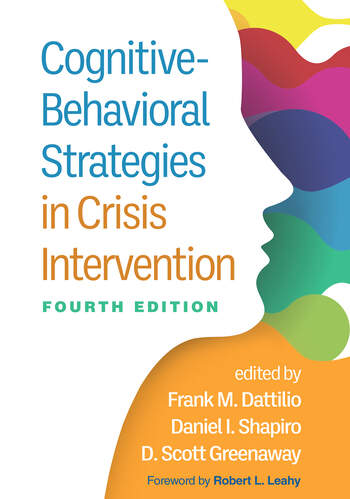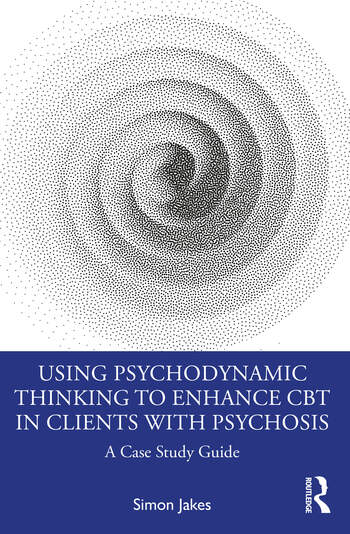Joint Attention - Communication and Other Minds: Issues in Philosophy and Psychology

Book Details
- Publisher : Oxford University Press
- Published : 2005
- Category :
Cognitive-Behavioural Therapies - Catalogue No : 24818
- ISBN 13 : 9780199245635
- ISBN 10 : 0199245630
There are currently no reviews
Be the first to review
An international team of psychologists and philosophers present the latest research into the fascinating cognitive phenomenon of 'joint attention'. Some time around their first birthday, most infants begin to engage in a behaviour that is designed to bring it about - say, by means of pointing or gaze-following - that their own and another person's attention are focused on the same object. Described as manifestations of an emerging capacity for joint attention, such triangulations between infant, adult and the world are often treated as a developmental landmark and have become the subject of intensive research among developmentalists and primatologists over the past decade. More recently, work on joint attention has also begun to attract the attention of philosophers. Fuelling researchers' interest in all these disciplines is the intuition that joint attention plays a foundational role in the emergence of communicative abilities, in children's developing understanding of the mind and, possibly, in the very capacity for objective thought.This book brings together, for the first time, philosophical and psychological perspectives on the nature and significance of the phenomenon, addressing issues such as: how should we explain the kind of mutual openness that joint attention seems to involve, i.e. the sense in which both child and adult are aware that they are attending to the same thing; what sort of grip on one's own and other people's mental states does such awareness involve, and how does it relate to later-emerging 'theory of mind' abilities; in what sense, if any, is the capacity to engage in joint attention with others unique to humans; how should we explain autistic children's seeming incapacity to engage in joint attention; what role, if any, does affect play in the achievement of joint attention; and what, if any, is the connection between participation in joint attention and grasp of the idea of an objective world? This book also contains an introductory chapter aimed at providing a framework for integrating different philosophical and psychological approaches to these questions.
Customer Reviews
Our customers have not yet reviewed this title. Be the first add your own review for this title.
You may also like
Cognitive-Behavioral Strategies in Crisis Intervention: Fourth Edition
Frank M. Dattilio
Price £51.99
Using Psychodynamic Thinking to Enhance CBT in Clients with Psychosis: A Case...
Simon Jakes
Price £29.99
Facing the Storm: Using CBT, Mindfulness and Acceptance to Build Resilience...
Ray Owen
Price £15.29
save £1.70
Working on the Frontline of Mental Health: A CBT Therapist's Casebook
Steve Sheward
Price £28.79
save £3.20






